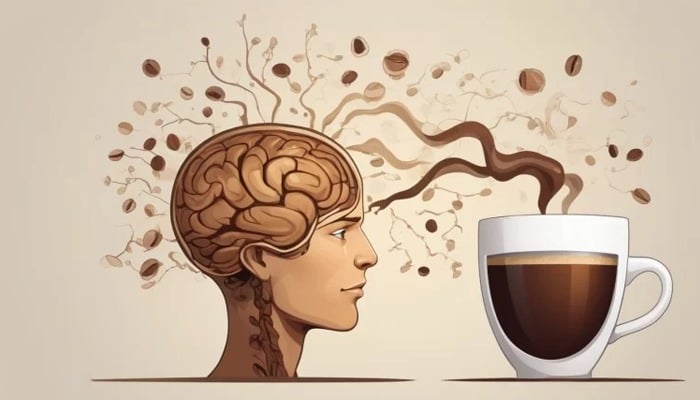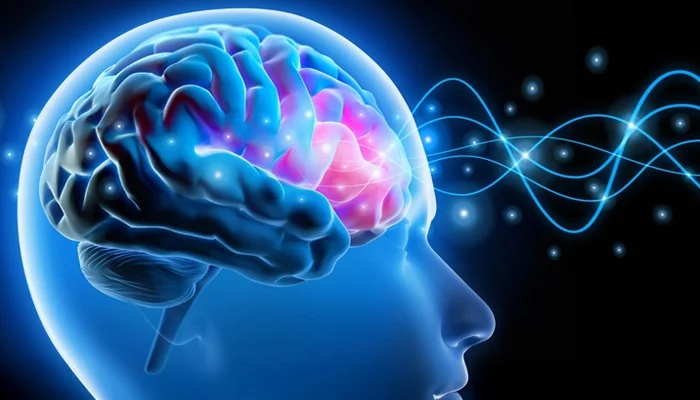When you sip your morning coffee, are you just chasing alertness or are you giving your brain a subtle boost in memory, focus, and resilience? While the caffeine kick is well-known, emerging research suggests coffee may be doing far more than keeping your eyelids open.
Coffee isn’t just caffeine. It’s a complex brew of neuroactive compounds, including polyphenols and methylxanthines, which interact with brain chemistry in subtle, fascinating ways.
Studies show that caffeine influences adenosine receptors—key gatekeepers of neuronal activity helping maintain synaptic strength and modulating energy balance in the brain. This isn’t just about feeling awake; it may support neuroplasticity, the brain’s ability to rewire itself in response to learning and experience.
Animal studies suggest caffeine can enhance long-term potentiation (LTP), a process critical for memory formation. But like most things in neuroscience, the story is nuanced: too much caffeine, or chronic high doses, can blunt these benefits.
Human trials are promising but varied. Some show sharper attention, faster reaction times, and better memory recall, while others find little difference, hinting that coffee’s effects may depend on individual genetics, sex, or even the type of bean you brew.
Beyond memory, coffee seems to lift mood and reduce fatigue. Compounds in coffee berries and blends with herbs like sage or ginseng may enhance cerebral blood flow and positive affect, potentially offering subtle cognitive and emotional support throughout the day. Interestingly, coffee aroma alone has been shown to reduce stress biomarkers, suggesting your morning cup might calm you before it even hits your lips.
Epidemiological studies hint that regular coffee consumption may lower the risk of neurodegenerative diseases like Alzheimer’s and Parkinson’s, particularly in women. While causality isn’t proven, caffeine’s role in modulating A2A adenosine receptors and reducing inflammation could explain these associations.
Animal studies reinforce this, showing neuroprotective effects in models of Alzheimer’s and metabolic stress—but translating these findings to humans remains complex.
Not everyone responds to coffee the same way. Genetics, sex hormones, and habitual consumption patterns influence caffeine metabolism and its cognitive effects. Habitual drinkers may experience minimal sleep disruption, while sensitive individuals might face anxiety or sleep challenges. This variability highlights that coffee is less a universal brain booster than a personalized cognitive tool.
Coffee is safe for most adults and may support memory, focus, and neuroprotection, but it’s not a miracle elixir. Its benefits are subtle, context-dependent, and likely part of a broader lifestyle matrix—diet, sleep, exercise, and stress management.
As research progresses, we may one day fine-tune the “optimal cup” for brain health, but for now, moderate coffee seems a reasonable, enjoyable ally for the aging mind.



















